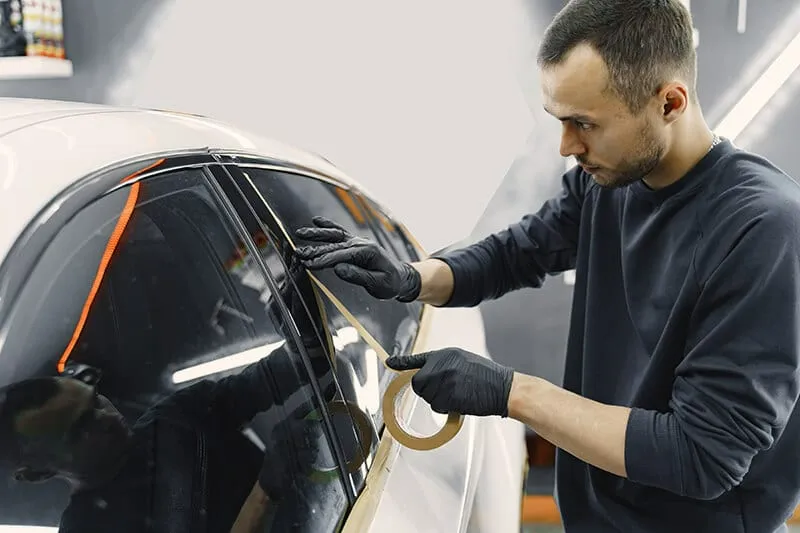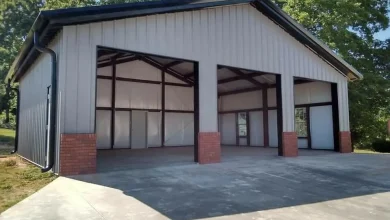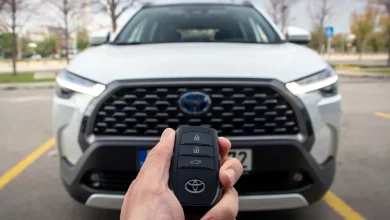How Automotive Payment Solutions Help Dealerships Stay PCI Compliant

In the ever-evolving world of auto sales and service, dealerships are juggling a lot—inventory, customer service, repairs, and of course, payments. One area that’s often overlooked until it becomes a problem? PCI compliance.
Thankfully, automotive payment solutions are making it easier than ever for dealerships to process payments securely and stay on the right side of compliance.
First Things First: What Is PCI Compliance?
PCI DSS (Payment Card Industry Data Security Standard) is a set of security standards designed to ensure all companies that accept, process, store, or transmit credit card information maintain a secure environment. In plain English? It’s about protecting your customers’ payment info—and your dealership—from data breaches and penalties.
The High Stakes of Non-Compliance
Not being PCI compliant isn’t just a technical hiccup. It can mean hefty fines, potential lawsuits, and, most damaging of all, a loss of customer trust. In today’s climate, where one bad review can go viral, that’s a risk most dealerships can’t afford.
I remember chatting with a dealership manager who thought PCI compliance was just about having a locked filing cabinet (yikes). After a close call with a data breach, they quickly learned how complex—and important—compliance actually is.
How Automotive Payment Solutions Help
So how do automotive payment solutions step in to save the day? Here’s where the magic happens:
1. End-to-End Encryption
Modern automotive payment platforms encrypt customer data from the moment it’s entered, whether it’s online, on a mobile device, or through a payment terminal. This means even if someone tried to intercept the data, they’d get nothing but gibberish.
2. Tokenization for the Win
Tokenization replaces sensitive card info with a random string of characters (a token), which is meaningless outside the system. That way, the dealership never actually stores any credit card data—drastically reducing liability.
3. Secure Remote and Contactless Payments
Customers today want to pay how and when they want—often remotely. A good automotive payment solution offers secure links via text or email, tap-to-pay terminals, and mobile checkout. Not only is this convenient, but it keeps sensitive info out of the wrong hands.
This is where tools like auto text really shine. By automatically sending secure payment links via SMS when service is complete, dealerships not only boost payment speed but also protect customer data by avoiding manual entry or phone-based credit card sharing.
4. Built-In Compliance Features
Many of the best payment solutions are already designed with PCI compliance in mind. This takes a huge burden off dealership staff, who likely didn’t sign up to be cybersecurity experts. Automated security updates, compliance reporting, and access controls help ensure that your dealership is always in line with the latest standards—without constant manual oversight.
Choosing the Right Partner
Not all payment solutions are created equal. When evaluating options, look for providers (like VenueVision) who specialize in the automotive industry. That means they understand the unique challenges dealerships face, and their tools are built with those needs in mind.
Final Thoughts
Staying PCI compliant might not be the flashiest part of running a dealership—but it’s one of the most important. With the right automotive payment solutions, you’re not just checking a box for compliance—you’re building a secure, trustworthy experience for your customers and peace of mind for your staff.
Want to see how simple and secure your payments can be? Check out how VenueVision is changing the game.




